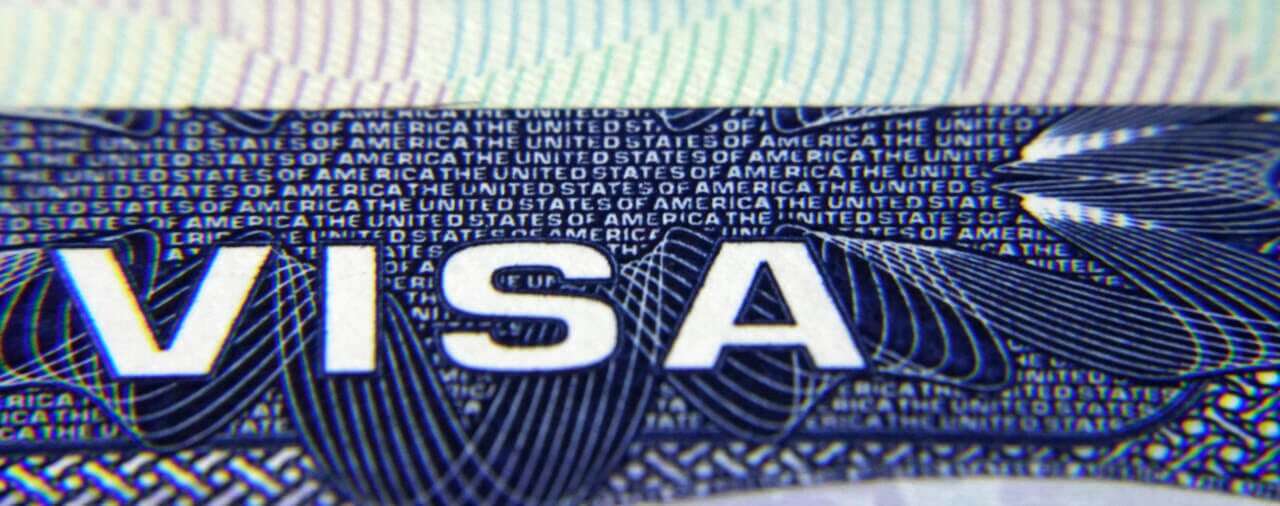
As immigration lawyers, we get many questions about how to come live and work in the USA. In order to receive an immigrant visa through employment, you must have a job offer from a U.S. employer, specific education and/or work experience and in some cases there must be no American willing or able to take that particular job. Below are some answers to common questions we receive regarding the employment-based immigration visa topic.
--------------------------------------------------------------------
Q: How many types of employment-based immigration visas are available?
A: The Immigration and Nationality Act provides a yearly minimum of 140,000 employment-based immigrant visas, divided into five preference categories. They may require a labor certification from the U.S. Department of Labor ("DOL"), and the filing of a petition with the Bureau of Citizenship and Immigration Services (previously INS).
--------------------------------------------------------------------
Q: Who is considered Employment First Preference (E1)?
A: Priority workers receive 28.6 percent of the yearly worldwide limit. All priority workers must be the beneficiaries of an approved Form I- 140, Immigrant Petition for Foreign Worker, filed with the Bureau of Citizenship and Immigration Services (previously INS). Within this preference, there are three sub-groups:
- Persons of extraordinary ability in the sciences, arts, education, business, or athletics. Applicants in this category must have extensive documentation showing sustained national or international acclaim and recognition in the field of expertise. Such applicants do not have to have a specific job offer, so long as they are entering the U.S. to continue work in the field in which they have extraordinary ability. Such applicants can file their own petition with the Bureau of Citizenship and Immigration Services (previously INS), rather than through an employer.
- Outstanding professors and researchers with at least three years experience in teaching or research, who are recognized internationally. No labor certification is required for this classification, but the prospective employer must provide a job offer and file a petition with the Bureau of Citizenship and Immigration Services (previously INS).
- Certain executives and managers who have been employed at least one of the three preceding years by the overseas affiliate, parent, subsidiary, or branch of the U.S. employer. The applicant must be coming to work in a managerial or executive capacity. No labor certification is required for this classification, but the prospective employer must provide a job offer and file a petition with the Bureau of Citizenship and Immigration Services (previously INS).
--------------------------------------------------------------------
Q: Who is considered Employment Second Preference (E2)?
A: Professionals Holding Advanced Degrees, or Persons of Exceptional Ability in the Arts, Sciences, or Business receive 28.6 percent of the yearly worldwide limit, plus any unused Employment First Preference visas. All Second Preference applicants must have a labor certification approved by the DOL, or Schedule A designation, or establish that they qualify for one of the shortage occupations in the Labor Market Information Pilot Program. A job offer is required, and the U.S. employer must file a petition on behalf of the applicant. Aliens may apply for exemption from the job offer and labor certification if the exemption would be in the national interest, in which case the alien may file the petition, Form I-140, along with evidence of the national interest. There are two subgroups within this category:
- Professionals holding an advanced degree (beyond a baccalaureate degree), or a baccalaureate degree and at least five years progressive experience in the profession; and
- Persons with exceptional ability in the arts, sciences, or business. Exceptional ability means having a degree of expertise significantly above that ordinarily encountered within the field.
--------------------------------------------------------------------
Q: Who is considered Employment Third Preference (E3)?
A: Skilled Workers, Professionals Holding Baccalaureate Degrees and Other Workers receive 28.6 percent of the yearly worldwide limit, plus any unused Employment First and Second Preference visas. All Third Preference applicants require an approved I-140 petition filed by the prospective employer. All such workers require a labor certification, or Schedule A designation, or evidence that they qualify for one of the shortage occupations in the Labor Market Information Pilot Program. There are three subgroups within this category:
- Skilled workers are persons capable of performing a job requiring at least two years' training or experience
- Professionals with a baccalaureate degree are members of a profession with at least a university bachelor's degree; and
- Other workers are those persons capable of filling positions requiring less than two years' training or experience
--------------------------------------------------------------------
Q: Who is considered Employment Fourth Preference (E4)?
A: Special Immigrants receive 7.1 percent of the yearly worldwide limit. All such applicants must be the beneficiary of an approved I-360, Petition for Special Immigrant, except overseas employees of the U.S. Government (who must use Form DS-1884). There are six subgroups:
- Religious workers coming to carry on the vocation of a minister of religion, or to work in a professional capacity in a religious vocation, or to work for a tax-exempt organization affiliated with a religious denomination
- Certain overseas employees of the U.S. Government
- Former employees of the Panama Canal Company
- Retired employees of international organizations
- Certain dependents of international organization employees
- Certain members of the U.S. Armed Forces
--------------------------------------------------------------------
Q: Who is considered Employment Fifth Preference (E5)?
A: Employment Creation Investors receive 7.1 percent of the yearly worldwide limit. All applicants must file a Form I-526, Immigrant Petition by Alien Entrepreneur, with the Bureau of Citizenship and Immigration Services (previously INS). To qualify, an alien must invest between U.S. $500,000 and $1,000,000 (depending on the employment rate in the geographical area) in a commercial enterprise in the United States which creates at least 10 new full-time jobs for U.S. citizens, permanent resident aliens, or other lawful immigrants, not including the investor and his or her family.
--------------------------------------------------------------------
Immigration question? We have answers. Free phone consultation available 800-969-5529


